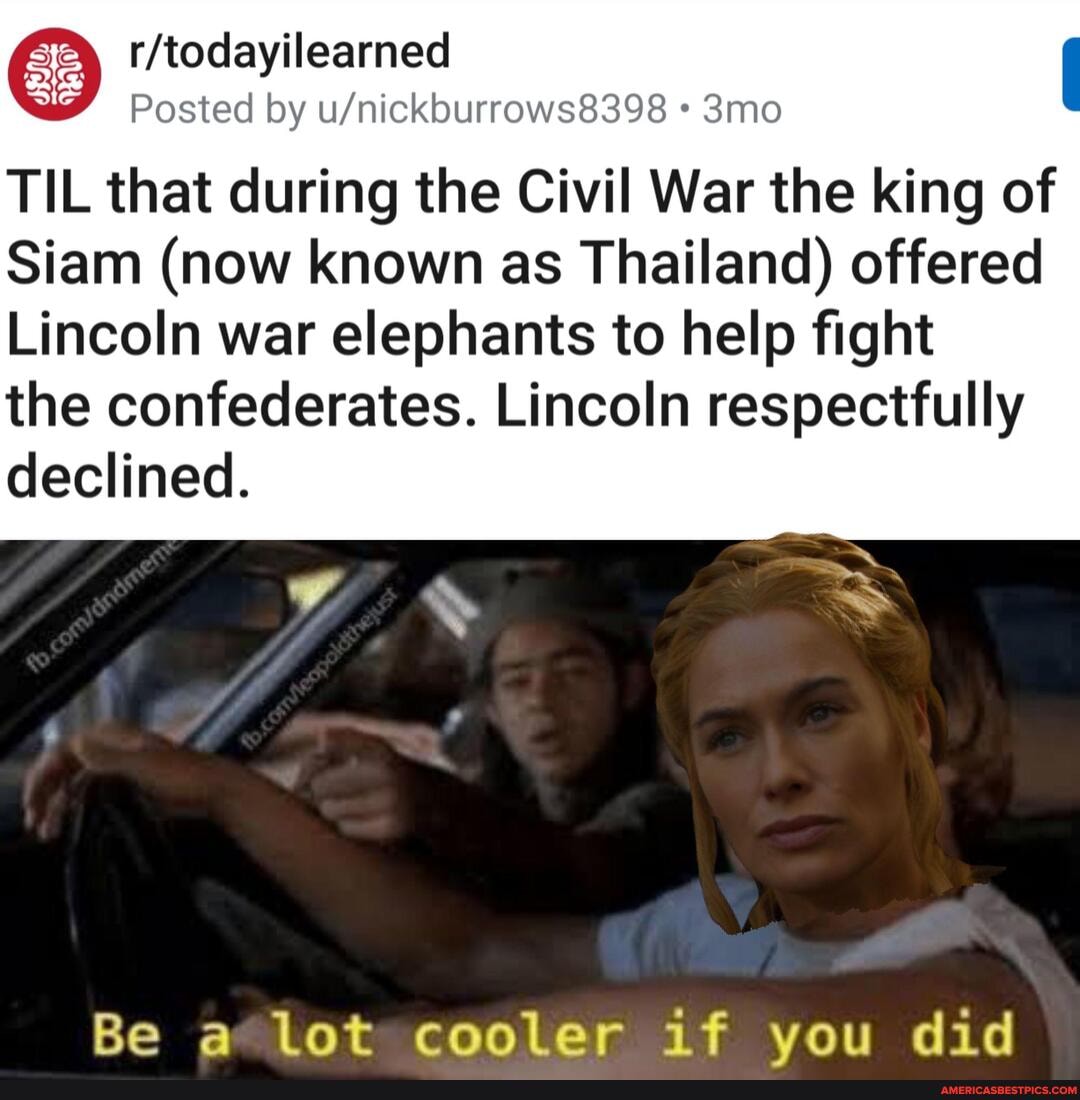gral
Well-known member
No Chilean-Argentinian naval arms race (for which there definitely would be no money) = no Garibaldi class cruisers for Japan to buy (with British money?) before Mandzhurian War?
No Swiftsure class or HMS Canada is irrelevant, though.
Japan would buy whatever was available at the time - probably more Elswick cruisers.
I don't know what effects would no 1890s South American arms race on which ships get built - historically, Elswick engaged in building ships without having a buyer for them, because they foresaw someone needing warships in a hurry. Without an arms race going strong, shipbuilding prospects go down.
OTOH, some of the slack may be taken by Brazil(which had a revolt by most of its Navy in 1893, and bought whichever crap they could get their hands on), and Peru, which is in a much better position here; Peru was fucked up by about a generation after the War - they didn't surrender after having their army beaten and their capital occupied, so the Chilean Army walked all over coastal Peru smashing up things and putting guns on the hands of rural workers, who had been treated like slaves by the Peruvian landlords, until Peru surrendered. After the war it took some 15-20 years to pacify the Peruvian interior, IIRC.
Now that I think of it, Spain may also pick up some ships as well: they bought one Garibaldi before 1898(Cristóbal Colón, sunk in Santiago de Cuba after being sent to battle without its main battery), and cancelled another(probably because of the problems with Colón). Here the Garibaldis that went to Argentina(3 of the 4 of them, at least) would theoretically be available.
BTW, no Swiftsure class or HMS Canada is irrelevant. No HMS Eagle, not so(although not that relevant).

